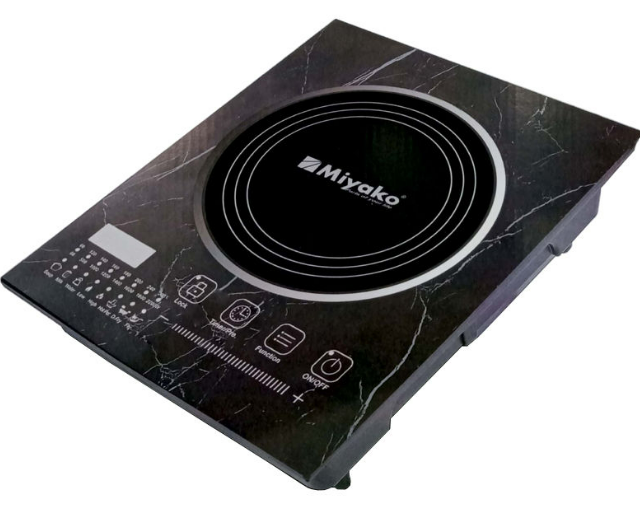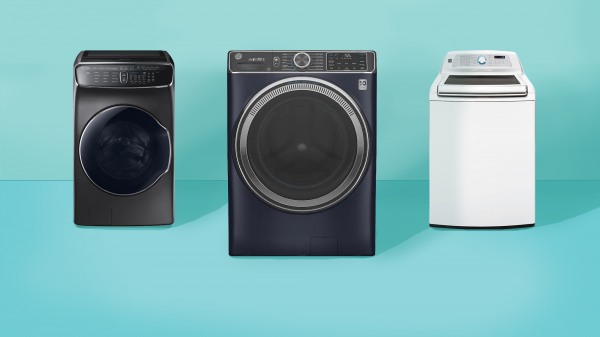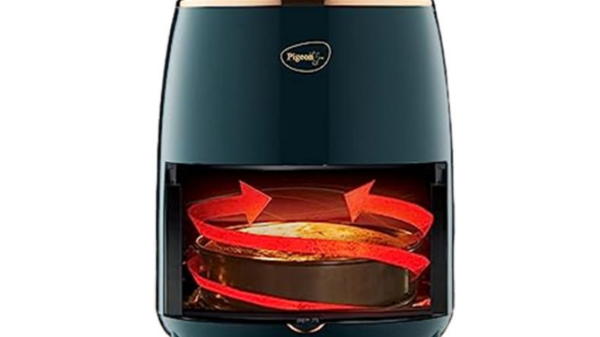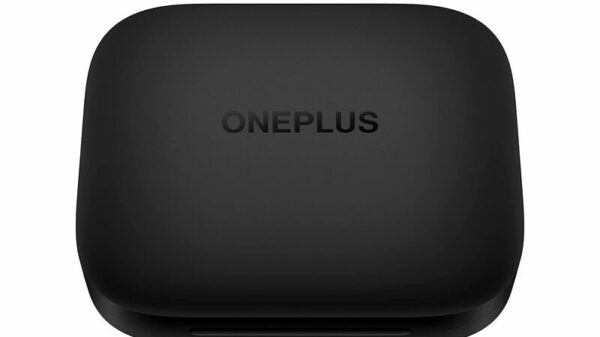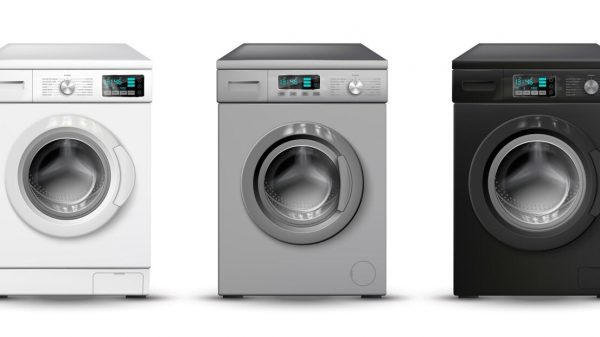An induction cooker offers a modern and efficient alternative to traditional gas or electric stoves. By utilizing electromagnetic technology, it heats the cookware directly, bypassing the need for a heating element. This method provides precise temperature control, rapid heating, and increased safety, as the surface remains cool to the touch.
However, induction cookers require compatible cookware with ferrous materials and may be more expensive upfront. Despite these considerations, their energy efficiency and ease of cleaning make them increasingly popular choices for home kitchens. In this Pickaboo blog, let’s check the pros and cons of induction cookers.
Pros of Induction Cooker
Induction cookers offer rapid heating, precise temperature control, energy efficiency, and a cool cooking surface. Induction cookers revolutionize cooking with rapid heating, precise control, and enhanced safety. Let’s check the pros of an induction cooker.
-
Environmentally friendly
Induction cookers are environmentally friendly due to their high energy efficiency. They use electromagnetic technology to heat cookware directly, reducing heat loss and cooking time compared to traditional stoves. This efficiency translates into lower electricity consumption and reduced carbon emissions, contributing to a greener environment. Additionally, induction cooking produces no direct emissions like gas stoves, making it a cleaner option for indoor air quality. By minimizing energy waste and promoting cleaner cooking practices, induction cookers align with sustainable living principles, appealing to environmentally conscious consumers seeking to reduce their carbon footprint.
-
Cooking is easier
Induction cookers simplify cooking with their user-friendly features. They offer precise temperature control, allowing for more accurate cooking results whether you’re simmering delicate sauces or searing meats. The rapid heating capability means less waiting time, making meal preparation faster and more efficient.
In addition, the smooth, flat surface of induction cookers is easy to clean and maintain, with spills and splatters easily wiped away. Their intuitive controls and automatic shut-off features enhance convenience and safety in the kitchen, catering to both novice and experienced cooks alike who value ease of use and efficiency in their cooking appliances.
-
Easier to clean
Induction cookers are notably easier to clean compared to traditional stoves. Their smooth, flat surface lacks crevices where food can get stuck, simplifying the cleanup process. Since the cooking surface itself doesn’t heat up except through the cookware, spills, and splatters are less likely to burn onto the surface.
This feature not only makes wiping down after cooking a breeze but also reduces the need for harsh cleaning chemicals. With minimal effort, induction cookers maintain their sleek appearance, promoting a tidy kitchen environment with less time spent on scrubbing and more on enjoying freshly prepared meals.
-
More efficient and sustainable
Induction cookers stand out for their efficiency and sustainability. They utilize electromagnetic technology to heat cookware directly, wasting less energy compared to gas and electric stoves that lose heat to the surrounding air. This direct heating method results in faster cooking times and precise temperature control, further conserving energy.
Similarly, induction cookers contribute to sustainability by reducing carbon emissions associated with energy consumption. Their energy efficiency not only lowers utility bills but also supports environmental conservation efforts by minimizing resource usage. As consumers increasingly prioritize eco-friendly choices, induction cookers offer a practical and efficient solution for sustainable cooking practices at home.
-
More safety
Induction cookers prioritize safety with several innovative features. Unlike traditional gas stoves, they don’t produce an open flame, reducing the risk of burns and accidental fires. The cooking surface remains cool to the touch, except where the cookware contacts it, minimizing the chance of accidental burns from direct contact.
Induction cookers also feature automatic shut-off mechanisms that activate when cookware is removed or when cooking is complete, preventing overheating and potential hazards. These safety measures make induction cookers a preferred choice for households with children or pets, promoting peace of mind while cooking without compromising on efficiency or performance.
Cons of Induction Cooker
Despite their advantages, induction cookers come with a few drawbacks that potential buyers should consider before making a purchase.
-
It’s expensive
One notable drawback of induction cookers is their higher initial cost compared to traditional gas or electric stoves. The technology and materials used in induction cookers contribute to their premium price tag.
Moreover, induction-compatible cookware can be more expensive than standard options. While the long-term energy savings may offset the upfront investment for some users, the initial cost can be a barrier for budget-conscious consumers considering a switch to this modern cooking technology.
-
Need specific cookware
Induction cookers require specific cookware made from ferrous materials such as cast iron or stainless steel. Cookware must have a magnetic bottom to effectively interact with the electromagnetic field and heat up. This requirement means that some existing cookware sets may not be compatible, necessitating the purchase of new pots and pans.
While this can be an additional cost, it ensures optimal performance and efficiency of the induction cooker, making it essential for users to check compatibility before investing in this technology.
Conclusion
While induction cookers offer numerous benefits such as rapid heating, energy efficiency, and enhanced safety, they also come with considerations like initial cost and specific cookware requirements. For those willing to invest in modern cooking technology that promotes efficiency and sustainability while prioritizing safety, induction cookers represent a compelling option in today’s kitchen appliances market. Understanding these factors allows consumers to make informed decisions based on their cooking needs and preferences for a cleaner, safer culinary experience.

